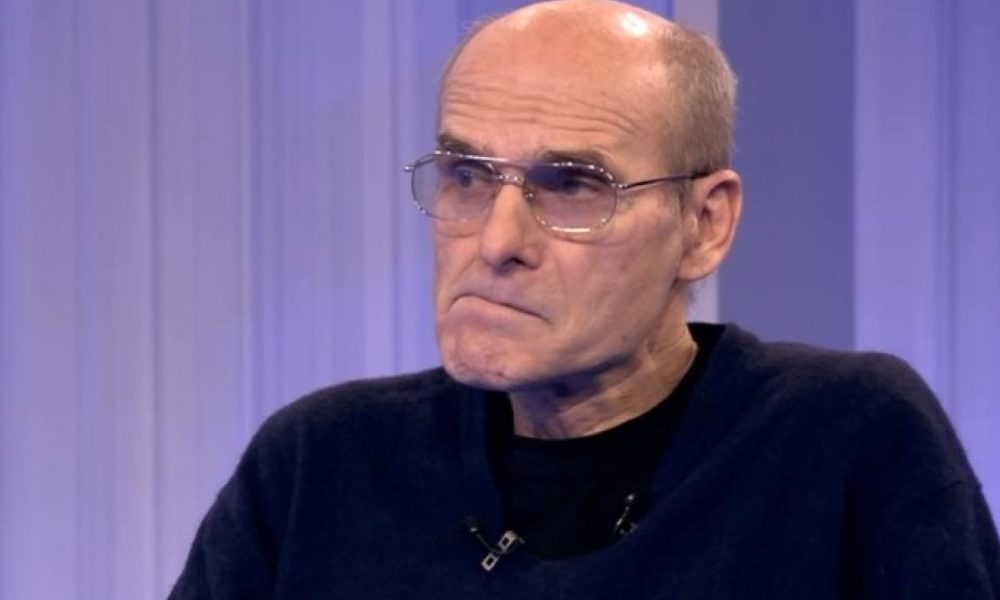Franz Kafka, the poorly writer, the man who sacrificed everything to illuminate the depths of being

By Albert Vataj
Today, June 3, we remember the death of one of the most special figures of world literature: Franz Kafka. 101 years have passed since his physical escape, but his presence in our literary and human consciousness is increasingly deeper. Kafka is not merely an author of the gender of the absurd, nor a confessor of existential anxiety, he is, above all, a soul that refused to reconcile with comfort, normality, with the silence of reason. He belongs to those who were self -sacrificed in the name of inner truth, those who through art sought redemption, not fame. His death was premature, but not meaningless; It was the fulfillment of a prophecy that he himself wrote in the last spirit and with every letter of his work.
Franz Kafka forgave everything of himself, as a man and as a creator. He lived in the respective, almost restrained as a saint who had entered the route of redemption, and suffered without falling into the temptation of the indictment. It was his judgment, like the tears that whitewashed his face, what made him look like an accuser of the time, but his finger never turned to anyone. It was his life what he judged, and that he absorbed the depth of human incompatibility and absence.
If we did not know it as a writer, we would unequivocally accept it as a saint. Kafka was a pious being to pain, a monk of the soul, devoted only to art and inner truth.
He was born on July 3, 1883 in the Prague of the Austro-Hungarian Empire, in a Jewish-German family. It was extinguished on June 3, 1924, at the age of 40, overwhelmed by tuberculosis. But the disease was just one of the many forms with which Kafka lived confronting life, man and himself.
Literature for him was not a choice, but a necessity. He wrote not to be heard, but not to die yet. It was the loneliness of the soul and the sensitivity inherited from the mother who made the pen in the flame of burning consciousness. Persecuted by a lack of reconciliation with reality, he created a literary universe that would have been extinguished, as if his close friend, Max Brod, had followed Kafka’s trust to burn everything.
But the history of the letters is debt to Brod’s rescue infidelity, which gave humanity one of the most valuable works of modern consciousness.
Kafka knew that art is a sacrifice. He did not demand the approval of criticism, nor bent before disregard. He wrote, even when there was no inspiration, because writing was the only means to survive. In his diaries, he became the patient and the surgeon of himself, a relentless critic who operated his soul without anesthesia. The pain, for him, was the substance that forced him to write, not to find a solution, but to ask the question more accurate.
Kafka was a delicate body, but an uncompromising spirit. He rejected the pleasure, rejected the security, rejected the life his father offered, to devote himself to another life: what he was inward and that only art could make it patient.
His letter to his father is a painful confession of a fault that he took over without sharing with anyone. It is a testament to the clash between the individual and the authority, between man and the paternal figure, a clash that had no reconciliation but only confrontation.
Kafka was the permanent stranger, in the family, in society, in literature, in existence. But it was through this exception that it became universal. He distilled the weakness and pain in an alchemical that gave art eternity.
« I have nothing, it summarizes nothing but universal human weakness. But it is for me a colossal force. I have strongly absorbed the negativity of my time that I have no right to fight it, maybe I even have it duty to represent it. »
On this anniversary of his separation from life, we remember not only the writer but also the man who sacrificed everything to illuminate the depths of being. The skull is no longer an enigma; It’s a mirror. A mirror in which we are forced to see ourselves.





